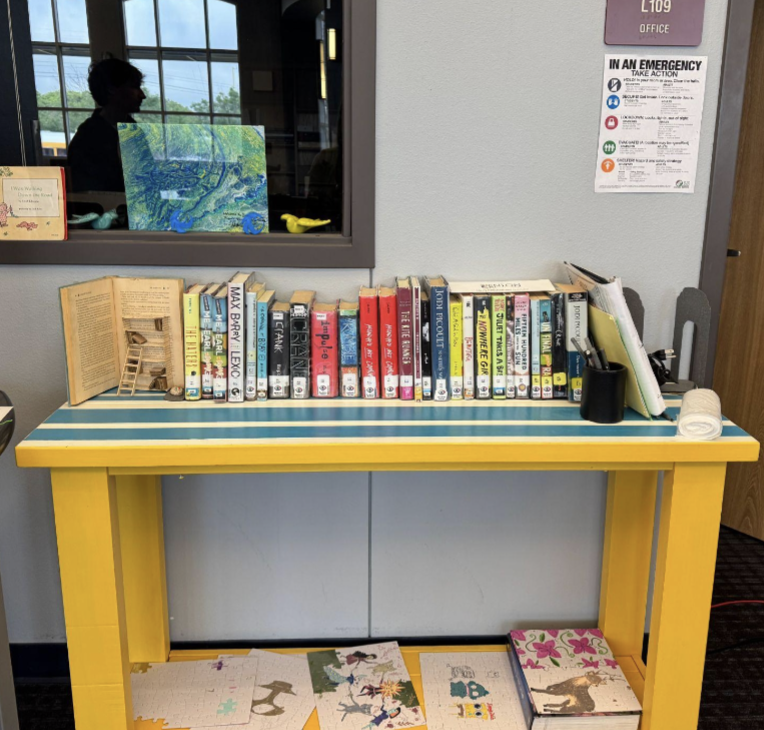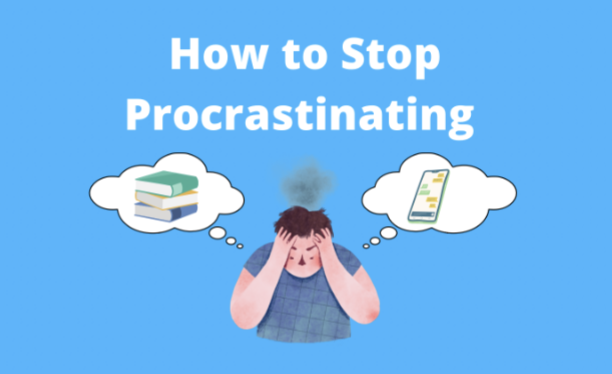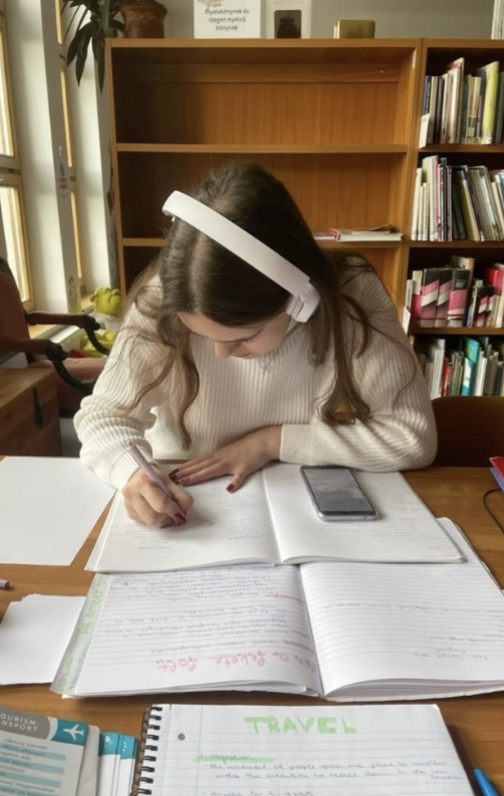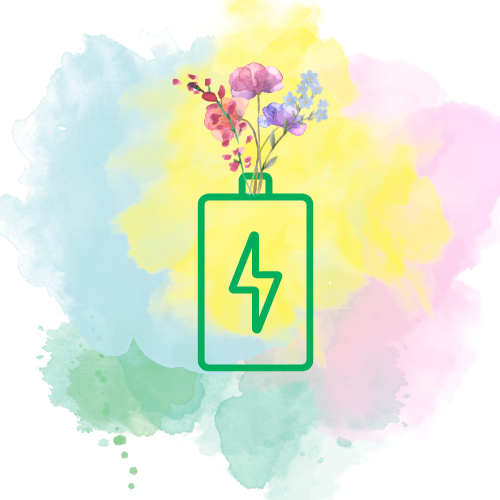By: Gianna Garcia, Staff Reporter
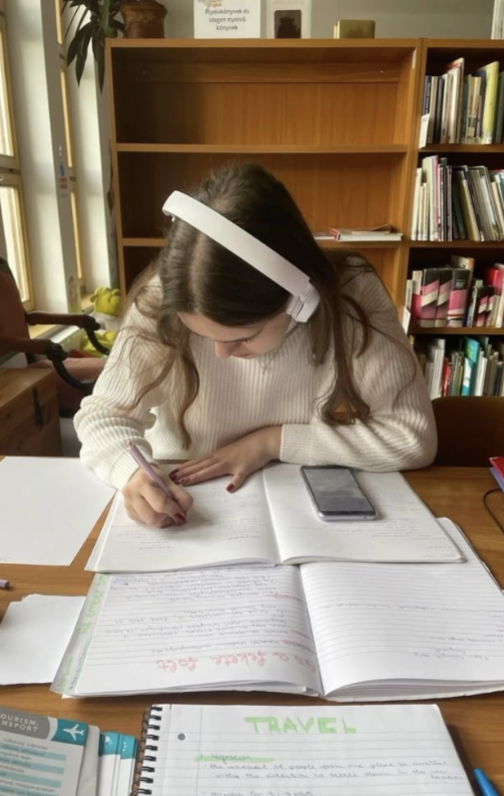
So many people lack the proper keys to effective studying.
Wanting good grades but stressing out over how you’re going to get them can leave students feeling stuck and unmotivated.
Staying motivated is difficult, especially as the year wraps up and testing season begins. Students become overwhelmed and lack motivation to finish strong. Research suggests that 18% of students experience academic burnout, and in addition to that, a substantial percentage of students report feeling negative feelings like stress, anxiety, and sadness in school.
“The largest wall to overcome is your own self-doubt,” senior Jackson Heinfield said. Heinfield is graduating in the top 10% of his class and will be attending the University of Pittsburgh next school year.
One of the most helpful habits students can develop is a consistent daily routine. As tempting as it is to leave work until the last minute, it does not improve learning in the long term. Having a plan that works for you can help you feel more prepared and less overwhelmed with your workload.
“I think students tend to stress because they don’t have established study methods. Part of the school experience is figuring out how our individual brains work,” AP teacher Stephanie Long said.
It might take some time to find out what study method works best for you, but there are so many different options! Effective studying begins with creating a productive environment where you feel comfortable and focused. Set specific goals along the way of your studying journey, so you have a plan in place and can look back on the progress you have made.
“I think when we cram we do our brains a disservice both short term and long term. Trying to cram information before an exam with a lot of caffeine and lack of sleep spikes our stress levels and isn’t sustainable if our goal is to be lifelong learners,” Long said.
Practicing the information you’ve learned is the best way to retain it. Just like in weightlifting, you have to actually “exercise those muscles” to strengthen your memory. At the end of the day, it’s important to stretch your mind and put in the time and effort necessary for your success, but it’s equally important to rest. The brain can only absorb so much information at once, and research shows that taking breaks increases retention.
“Grades are an important part of your academic portfolio—but they don’t define you as a person! I think it’s important to better our relationship with learning. If we are only ever taught that learning is connected to performance, it will kill our joy of learning,” Long said.
By staying organized, setting goals, and taking care of mental and physical health, students can better manage their workload and reduce stress. And with the right strategies and a positive mindset, everyone has the potential to thrive.













